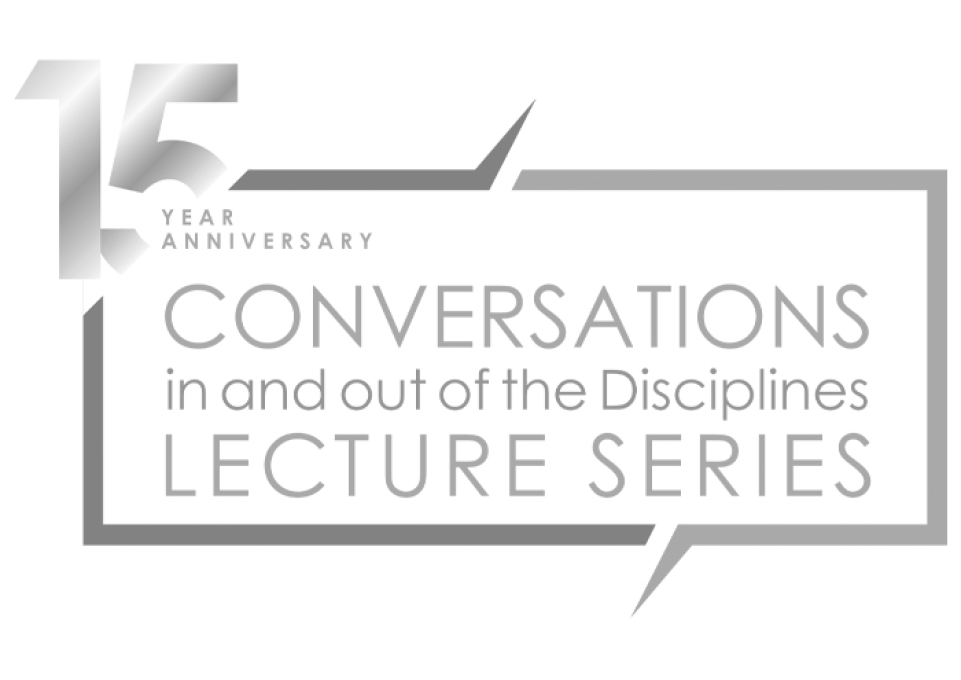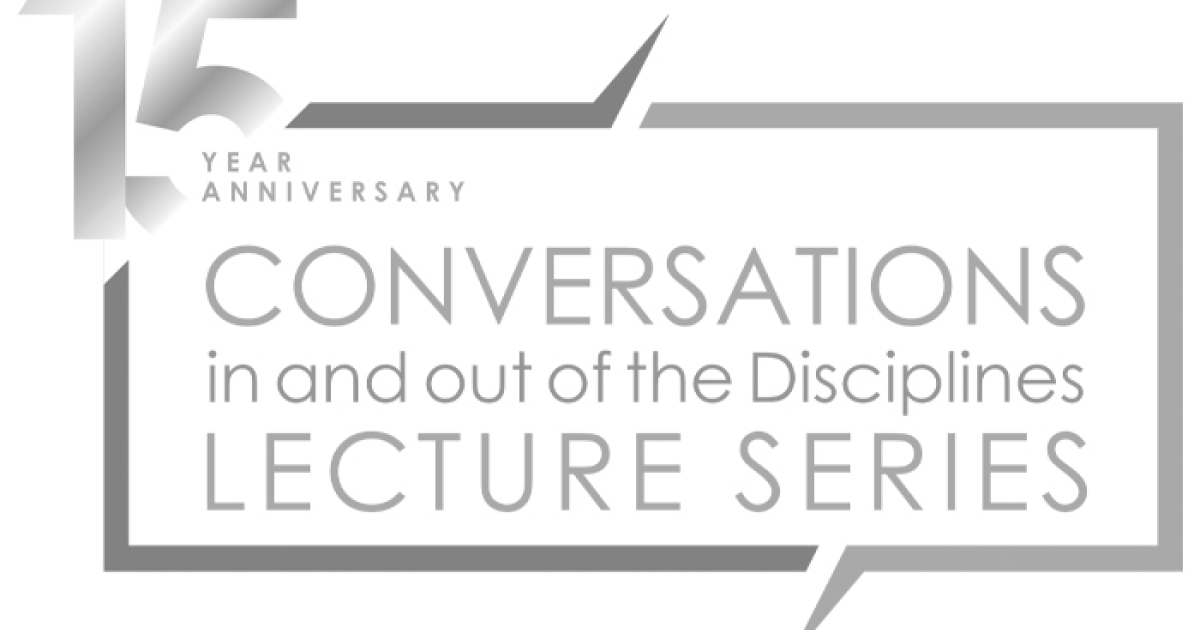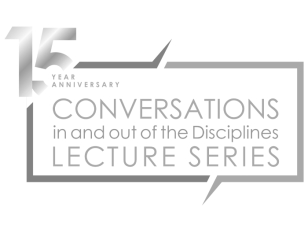
Fifteen years ago, Ann Colley, SUNY Distinguished Professor Emerita in Buffalo State’s English Department, saw a need on campus—and engineered a brilliant and long-lasting solution.

“For decades, the college had put a great deal of emphasis on service and teaching, but not much attention was paid to scholarship or the faculty doing it,” said Colley, who retired in 2020. “I felt there needed to be a conversation, literally, in and out of the disciplines, so that we could hear directly from faculty members about their various projects and feature their research.”
Thus, the Conversations in and out of the Disciplines lecture series was launched in fall 2008. What started with presentations primarily from English professors on different aspects of literature quickly bloomed into regular talks covering more than 25 disparate disciplines.
“I wanted to promote intellectual community,” Colley said, noting that years ago the college brought in speakers from other campuses, often outside of Western New York. “Logistically, it’s a problem when the college has to finance a visitor’s trip. I knew we didn’t need to go outside of Buffalo State to find richness in the intellectual community. It’s right here, and it’s free.”
Five to six times each academic year, faculty members share their research and enthusiasm on subjects ranging from the serious to the timely. They are simple affairs—hour-long talks on a Friday afternoon in a classroom in Ketchum Hall. Free to attend, the conversations always include a question-and-answer session, followed by wine and cheese and informal conversations.
Titles have included “The Boxing Narrative and the Politics of Race,” “Biotelemetry to Monitor Animal Behavior,” “Victorian Mountain Climbing as Spectacle,” “Mathematical Modeling of Renal Dynamics,” “The Place of Public Art,” “Global Obesity and Diabetes,” and “Mae West: Comedy and the Disenfranchised Woman Playwright.”

Since Colley retired, David Ben-Merre, professor of English, and Barish Ali, associate professor of English, have served as co-coordinators of the series, which is still going strong.
The 2022–2023 series kicks off Friday, October 21, when Joe Cleary, assistant professor of sociology, presents “Ethnography on the East Side before, during, and after a Tragedy.” On November 4, Marcus Watson, assistant professor of Africana studies, will present “Half-Connecting Theory: Reading Health and Pathology in the World around Us from an African Psychology Perspective.”
Both talks take place at 3:00 p.m. in Ketchum Hall 320.
Next spring, Hilary Lochte, assistant professor of English education; Kimberly Kamper-DeMarco, assistant professor of psychology; and Aaron Daniel Annas, associate professor and director of television and film arts, are slated to speak.
How has the series maintained such staying power?
“People on campus want that intellectual and cultural engagement,” Ben-Merre said. “That’s why we’re here. Seeing faculty excited about their work and sharing it is contagious.”

Ali noted that there’s no dearth of research to highlight.
“We haven’t had to invite people for a second round [to speak] because of the amazing amount of scholarship being done on campus,” he said.
Colley occasionally found speakers by scouting out presentations at the Faculty and Staff Research and Creativity Fall Forum. In 2014, she tapped Ben-Merre to assist her.
“David was very inventive,” she said. “When we served wine and cheese, he always found a wine label that was relevant to the talk.”
Most of the talks, they said, draw between one and two dozen guests. A few of them, including the one on Mae West presented in spring 2014 by Anthony Chase, assistant dean of the School of Arts and Sciences, drew a standing-room-only crowd, Colley recalled.
“I think Conversations has resulted in more camaraderie between the disciplines,” she said. “Each talk makes the speaker feel supported, heard, and legitimized. Also, because there are people attending the lectures who are outside the speakers’ disciplines, they frequently ask questions that might not be asked otherwise. It can be illuminating.”



